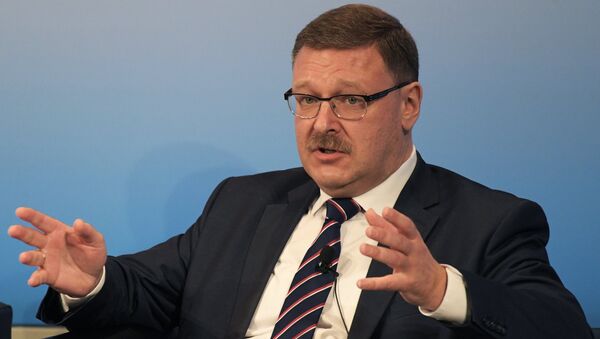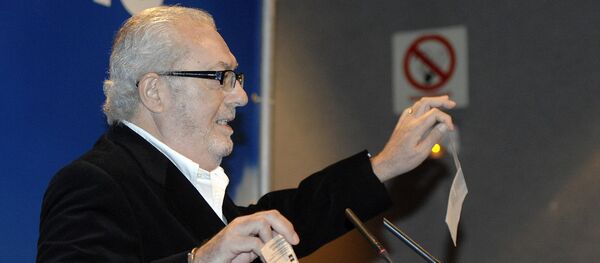MOSCOW (Sputnik) — In 2014 and 2015, PACE adopted resolutions depriving the Russian delegation of the right to vote at the assembly’s sessions, as well as of the right to participate in the work of its three key bodies: the Bureau, the Presidential Committee and the Standing Committee. The assembly linked the move to disagreement with Crimea’s reunification with Russia. In response, Russia left the assembly by the late 2015.
Russia did not renew its credentials ahead of the assembly’s 2016 an 2017 winter sessions and made its return conditional on the full restoration of its delegates' voting rights.
"The Russia-West relations have accumulated a lot of problems, which also affect the interparliamentary cooperation and the activity of those interparliamentary bodies where Western states have the majority or dominate. I want to confirm now… that Russia is always ready to unfreeze the relations with such institutions. I am currently talking about the PACE, which is our common organization, and such bodies as the European Parliament and some others," Kosachev said at a meeting with Swiss Ambassador to Moscow Yves Rossier.
According to Kosachev, the Russian-Swiss interparliamentary ties continue developing.
"Switzerland is well-known and highly respected in Russia as a state, which consistently and very effectively uses its neutral status in the interests of the entire international community," the lawmaker added.


